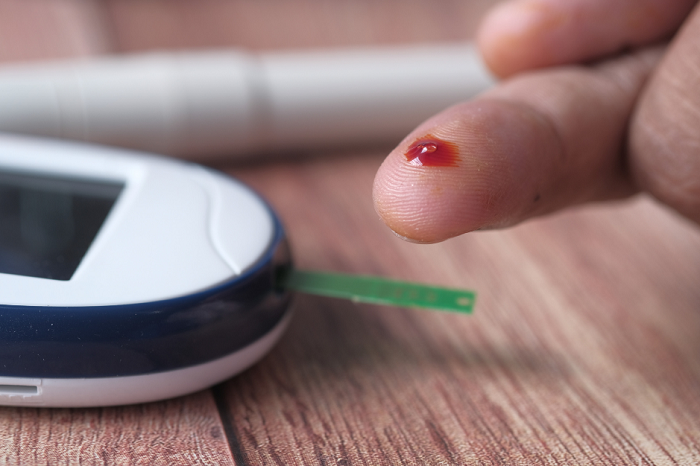
admin
15-09-2025
Managing blood sugar is not just a diet issue; it is a lifestyle issue. Everything we do in a day, from waking up in the morning to when we go to bed at night, affects our blood sugar. Unfortunately for people trying to prevent or manage diabetes, even small changes in daily habits can have a huge impact. Food and exercise are very important parts of managing blood sugar, as exercise can improve the body’s ability to utilize insulin. Managing stress through mindfulness, yoga, or other relaxation techniques can also help blood sugar levels.
Importance of Consistency in Daily Habits
The body works best with a natural rhythm, consistency, and balance. Irregular sleep, chronic skipping of meals, and being sedentary affect blood glucose regulation in the body. A good routine helps the body know when to release and store glucose, promoting stability when glycemic levels fluctuate daily. Daily habits, such as what you eat, your hydration status, moderate sedentary routes you take, and your physical activity and stress management all factor into your blood sugar.
Regular physical activity can assist your body’s stress levels and metabolism to help maintain your regular blood sugar levels.
Stress and Stress-Reactivity
Stress is a unique problem because chronic stress raises the levels of cortisol (hormone) in the body, which increases blood glucose directly. Having techniques to deal with chronic stress, such as meditation, breathwork, and relaxation techniques practice, will keep cortisol levels low. Wellness centers are great options to address chronic stress, as they encompass mind and body therapy and support blood sugar level regulation. Naturopathy hospital in Delhi are particularly useful for relaxation therapy and healthy lifestyle therapies.
Role of Sleep in Blood Sugar Regulation
Nowadays, sleep is often neglected by many but in reality, it directly impacts a person’s insulin sensitivity. Quality sleep can help manage or protect from stress hormones that raise blood glucose levels. Following an appropriate sleep schedule improves how physically tired you are and can lower the chance of insulin resistance.
Exercise and Movement Throughout the Day
Regular physical activity is one of the best natural methods for blood sugar regulation. Whenever you are moving, blood glucose is being utilized by your muscles, whether through walking, yoga, or strength training. Having regularly scheduled opportunities for physical activity will lessen the peaks that may come from prolonged inactivity. For example, taking breaks from prolonged sitting and taking a walk.
Eating Times and Blood Sugar
Eating and eating time are very important as well. With large gaps between meals, it is not uncommon to experience dips in blood glucose and subsequent cravings or overeating after mealtime. Eating consistently, at scheduled times, and evenly distributed over the course of the day with proteins, fibers, and healthy fats will help maintain stable glucose levels in the body.
Why Daily Routine Matters in Diabetes Care
For individuals who have already received a diagnosis, lifestyle management goes alongside medical management. When we can establish a structured routine based on healthy eating, adequate restful sleep, and exercise, we are adding to the professional experience. If you want to consider holistic alternatives to diabetes treatment, there are diabetes treatment in Delhi that integrate natural therapies and modern medical care. A combination of these treatments can also be an opportunity for lasting health.
Frequently Asked Questions
Q1: Can my sleep patterns make a difference to my blood sugars?
A1: Yes, poor quality sleep results in an increase in stress hormones and decreased insulin sensitivity, which in turn can lead to elevated blood sugar values.
Q2: What are the ideal levels of exercise to control glucose levels?
A2: Minimally, 30 minutes of exercise on five different days of the week where physical activities are moderate like brisk walking.
Q3: Can stress-management approaches lower my risk of diabetes?
A3: Yes! Relaxation and mindfulness approaches directly lower cortisol levels in the body, in turn limiting blood sugar fluctuations.